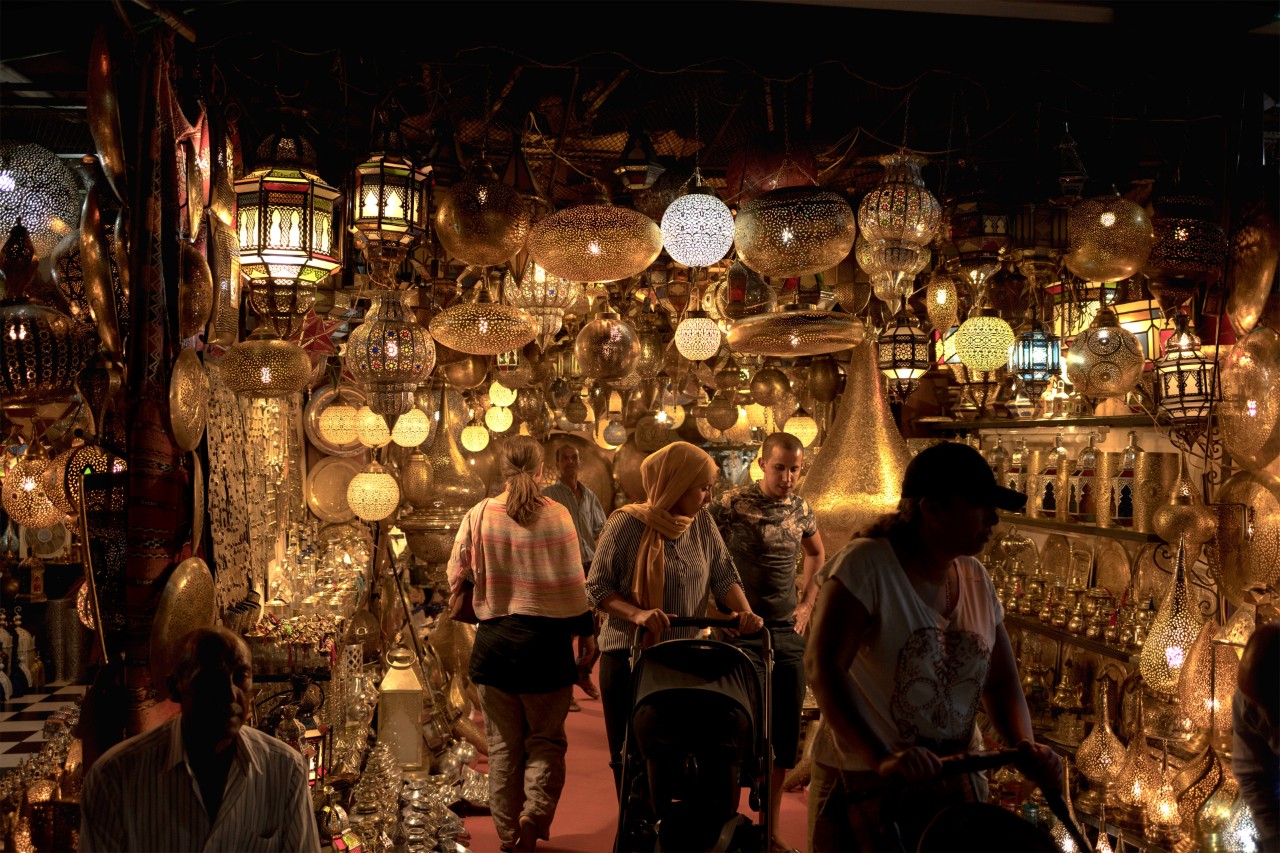Do we? Are house prices high ? What is your basis for this rather extraordinary claim, I know that's what it says in the papers, but that does not really mean it is true.We do have a serious problem with high house prices throughout the country.
The average house price is in the region of €300,000, the monthly repayments on a loan for this house is approx. €1,200, this is 18% the gross income of a couple both working full time on the average wage.

